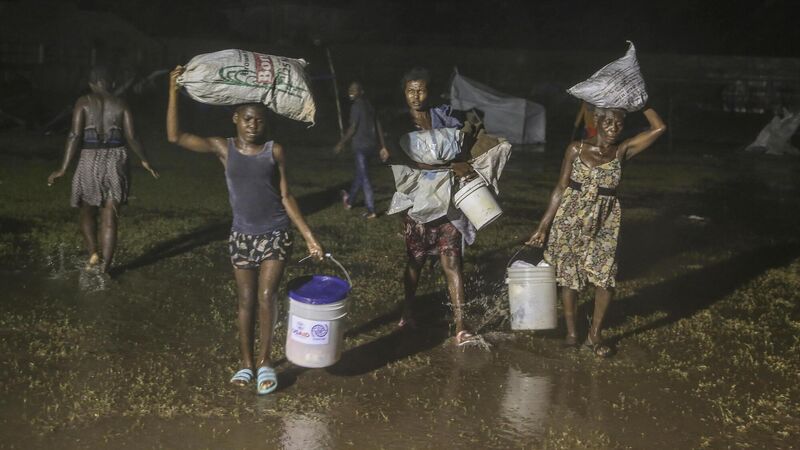Q&A: Why was the visa waiver for refugees suspended?

The decision to suspend visa-free travel for refugees relates to people coming from other countries via 20 “safe countries”. File photo: AP/Joseph Odelyn
The Government’s decision on Monday to suspend the visa waiver for refugees coming into Ireland has been severely criticised by human rights and charitable organisations.
The reason it was done was to protect the integrity of the system of helping genuine cases and to stop it from being overwhelmed, following a significant rise in those coming here in recent months.










